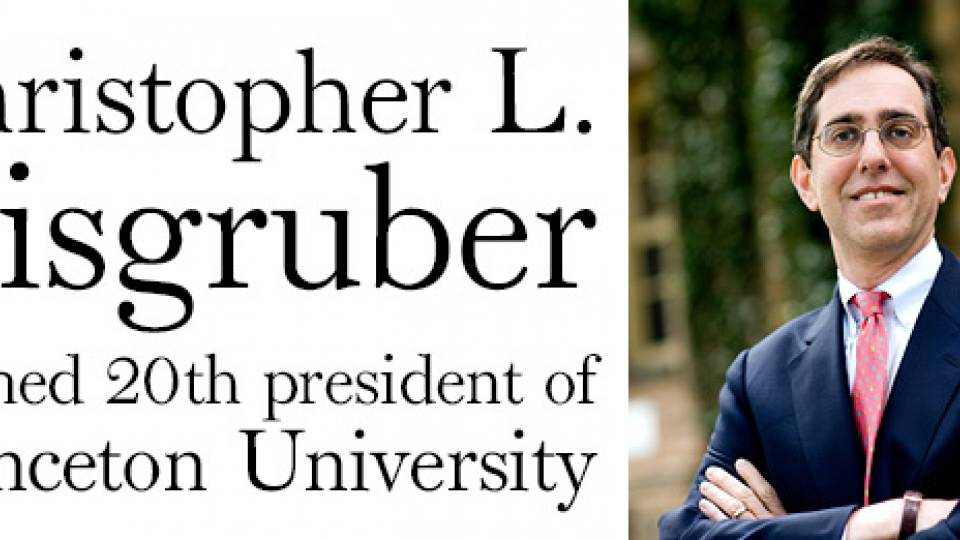Eighteen members have been appointed to the task force that recently was established to review relationships between Princeton University and the eating clubs. The members include eight undergraduates, three faculty members, five staff members (four of whom are alumni), and two alumni who chair the governing boards of their clubs.
The undergraduates were appointed by Undergraduate Student Government President Connor Diemand-Yauman '10 in consultation with Inter-Club Council President Aran Clair '10 and Associate Dean of Undergraduate Students Thomas Dunne. They include students from clubs that choose members through a selection process, students from clubs that admit members through a sign-in process and students who are not members of clubs. In addition to Diemand-Yauman, the undergraduates on the task force are Nicholas DiBerardino '11, Angela Groves '12, Lingzi Gui '10, Trey Peacock '11, Dominick Pugliese '12, Genevieve Ryan '11 and Benjamin Weisman '11.
The remaining members of the task force were appointed by Princeton University President Shirley M. Tilghman. The faculty members are professors Jeff Nunokawa (English, and master of Rockefeller College), Devah Pager (sociology) and Erik Sorensen (chemistry).
The staff members are Robert Durkee '69, vice president and secretary of the University, who will chair the task force; Maria Flores-Mills, associate dean of undergraduate students; Sydney Johnson '97, head men's basketball coach; Clayton Marsh '85, University counsel; and Donielle Wright '01, assistant director of admission.
The governing board chairs are Carlos Ferrer '76 (Cottage Club) and Dinesh Maneyapanda '83 (Quadrangle Club). Maneyapanda also chairs the Graduate Inter-Club Council, which is composed of the chairs of the governing boards of all 10 clubs.
The task force is expected to begin meeting in early October and to spend the academic year conducting a wide-ranging review of relationships between the University and the clubs, which play an important and integral role in undergraduate student life at Princeton. The task force has been asked to consult widely in examining "whether there are steps that can and should be taken to strengthen those relationships for the mutual benefit of the clubs and the University, and for the benefit of Princeton students and the undergraduate experience."
The charge to the task force asks it specifically to consider "whether there are ways to improve the club experience for students who are members and the application process for students who wish to become members; whether there are ways to increase engagement with the clubs for students who currently choose not to become members; whether there are ways to strengthen relationships between the clubs and the colleges and between students in the clubs and students who choose not to join the clubs; whether there are additional 'best practices' that can and should be identified; and whether we can do a better job of describing the nature of the clubs to potential applicants and admitted students."
